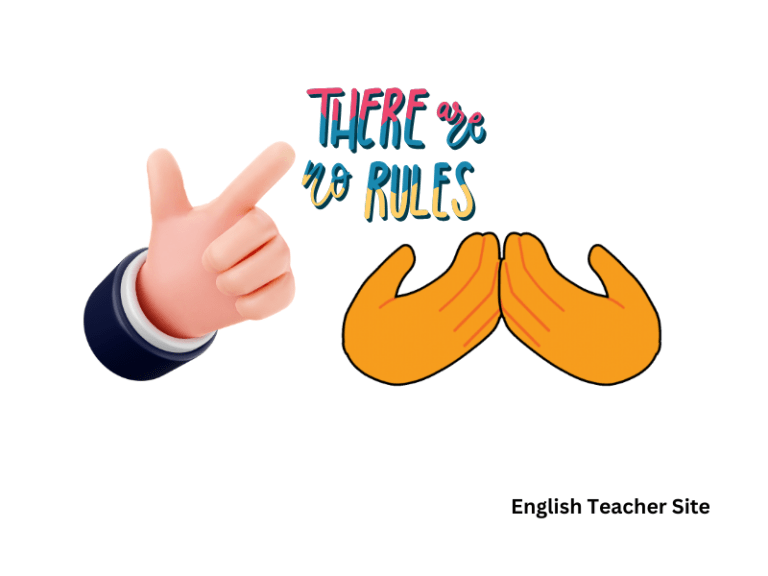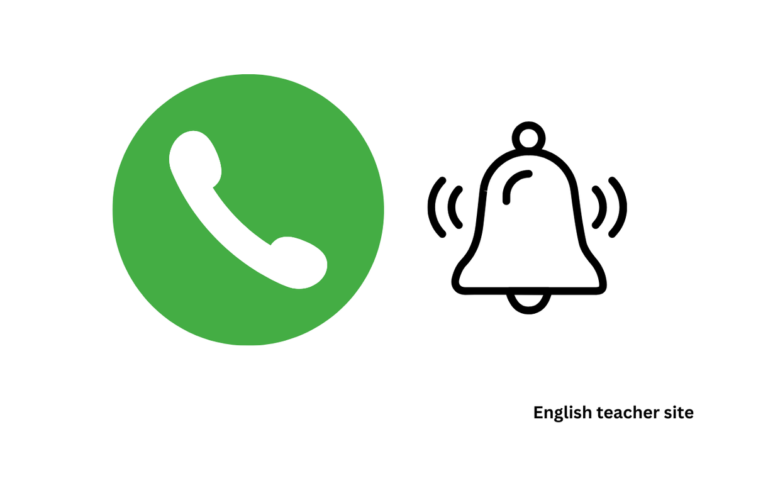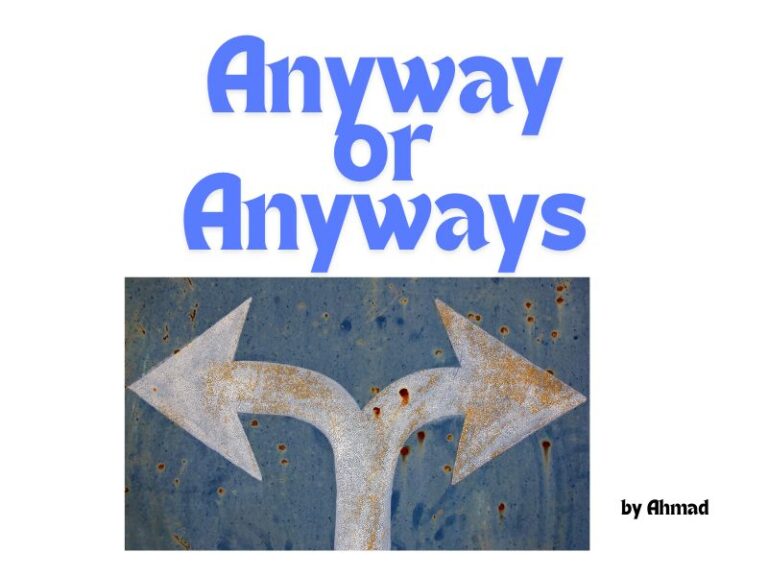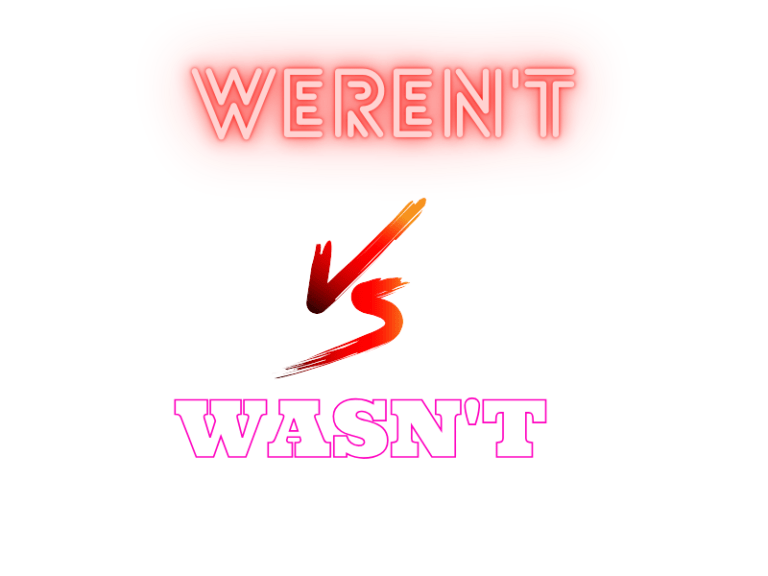Whos vs Whose: Understanding Usage with Clear Examples
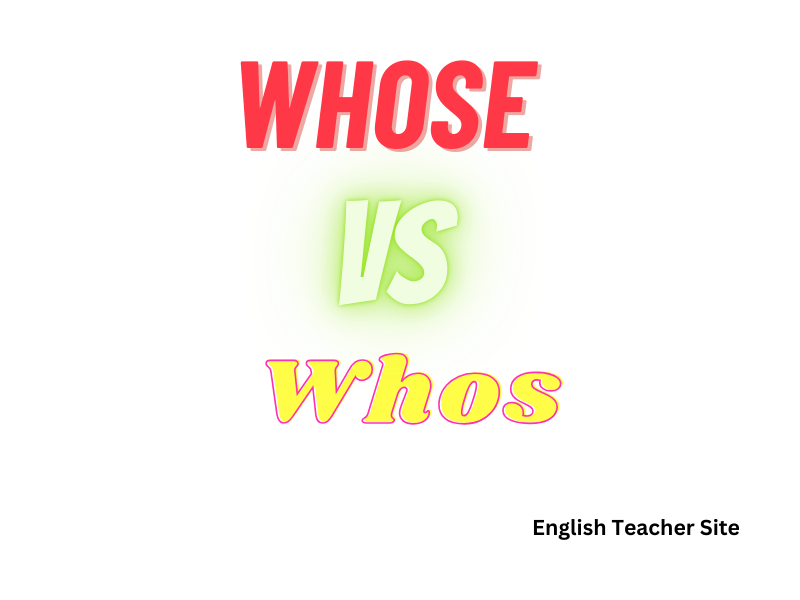
- “Who’s” is a contraction for “who is” or “who has,” used for actions or states of being.
- “Whose” is a possessive adjective, expressing ownership or association.
- Correct usage depends on whether the sentence requires a contraction or a possessive form.
The English language is peppered with pairs of words that confound even the most diligent writers and speakers. Among these are the pronouns “who’s” and “whose,” which, despite sounding identical, serve entirely different grammatical purposes. “Who’s” is a contraction that simplifies “who is” or “who has,” and is commonly used in informal speech and writing. Conversely, “whose” functions as a possessive adjective, relating to or signifying ownership or a relationship to the noun that follows it in a sentence.
Who’s vs. Whose: Understanding the Difference
“Who’s” is a contraction, typically standing for “who is” or “who has.” In contrast, “whose” is a possessive pronoun, indicating ownership. Below are tables outlining the proper usage of each term.
Usage of Who’s
| Who’s | Meaning | Example Sentence |
|---|---|---|
| Who’s | Who is | Who’s attending the meeting today? |
| Who’s | Who has | Who’s got the documents I need? |
Usage of Whose
| Whose | Example Sentence |
|---|---|
| Whose | Whose coat is this in the hallway? |
| Whose | Can you tell me whose idea it was to start the project? |
Key points to remember:
- “Whose” is used to ask about or indicate possession. It is asking to whom something belongs.
Examples in Sentences:
- Who’s going to help me with this task? (Who is)
- She’s not sure who’s suitcase is left in the lobby. (who has)
- Whose recipe did you use for this delicious cake?
- I wonder whose phone keeps ringing in the office.
Demystifying Who’s vs. Whose: A Clear Explanation
Who’s is a contraction, a shortened form of either “who is” or “who has.” It is used in questions and statements. For example:
- Who’s going to the meeting?
- I wonder who’s been calling.
On the other hand, whose is a possessive pronoun, which is used to indicate ownership or belonging to someone. Its usage is clear in questions and clauses. For instance:
- Whose book is this on the table?
- They found a dog whose collar was missing.
To consolidate your understanding, let’s examine two illustrative tables:
| Usage of Who’s | Example |
|---|---|
| As a contraction for “who is” | Who’s in charge here? |
| As a contraction for “who has” | Who’s got the tickets? |
| Usage of Whose | Example |
|---|---|
| To indicate possession or relation | Whose coat is hanging in the hallway? |
| In relative clauses | The athlete, whose performance amazed the crowd, won the race. |
Quick tip:
- Whose references ownership or a relationship to something or someone.
Utilizing “Who’s” in Sentences: Proper Usage
Below are examples and guidelines for when and how to use “who’s”.
Example Sentences:
- “Who’s going to attend the meeting today?”
- “I wonder who’s been using my laptop.”
When to Use “Who’s”:
- When asking about identity or presence.
- When talking about actions in the present perfect tense.
| Incorrect Usage | Corrected Sentence |
|---|---|
| Whose going? | Who’s going? |
| Whose has my pen? | Who’s got my pen? |
- “Who’s” as “who is”: Essential for asking about a person’s identity or for descriptions.
- Who’s in charge of the project?
- She hasn’t decided who’s wearing the costume.
- “Who’s” as “who has”: Used to express actions or experiences.
- Who’s had the chance to read the new book?
- Find out who’s been allocated the task.
Employing “Whose” in Sentences: Proper Usage
Examples of “Whose” in Sentences:
- The student whose book was left on the desk should see the teacher after class.
- They passed by a house whose windows were all brightly lit.
- The athlete whose training regimen is the most rigorous will often perform best.
| Incorrect Usage with “Who’s” | Correct Usage with “Whose” |
|---|---|
| Who’s backpack is on the bench? | Whose backpack is on the bench? |
| Who’s dog won the competition? | Whose dog won the competition? |
- Questions: Whose keys are these?
- Clauses: I know a florist whose arrangements are always stunning.
In the above examples, “whose” signifies a relationship between the object (keys, arrangements) and an unknown owner. It poses a question of ownership that seeks identification of the possessor.
Remember:
- “Whose” never includes an apostrophe.
- “Whose” always implies possession or relation.
Unraveling the Confusion: Why Do We Mix Up “Who’s” and “Whose”?
Understanding the Difference
| Contraction | Possessive |
|---|---|
| Who’s | Whose |
Examples in Use
- Who’s going to the party?
- I wonder whose book this is?
The apostrophe in “who’s” signals the omission of a letter, typical for contractions. “Whose,” on the other hand, never includes an apostrophe, adhering to the possessive case rule.
Tips to Remember
- Use “who’s” when you can replace it with “who is” or “who has.”
- Use “whose” to indicate belonging.
| Tip | Example |
|---|---|
| Substitute “who is” | Who’s (who is) coming over? |
| Substitute “who has” | Who’s (who has) read this book? |
| Indicate possession | Whose car is parked outside? |
Additional Example Sentences Featuring “Who’s”
Here are some example sentences featuring “who’s”:
Direct Questions:
- Who’s going to lead the meeting today?
- I wonder who’s been using my laptop without permission?
Statements:
- She is the one who’s in charge of the project.
- They found the dog who’s tail was injured in the park.
Using “Who’s” in Conversational Contexts:
| Informal | Formal |
|---|---|
| Guess who’s coming to dinner? | Do you know who’s attending the gala? |
| Find out who’s on the phone. | Can you ascertain who’s calling? |
Emphasis on Action:
- Determine who’s bringing the dessert to the potluck.
- Nobody knows who’s going to win the award this year.
Example Sentences Demonstrating the Correct Use of “Whose”
Sentences demonstrating possession:
- The teacher, whose patience seemed infinite, managed to calm the noisy class with ease.
- The lost puppy, whose collar was missing a tag, was taken to the local shelter.
Sentences showing relationships:
- The author, whose books are loved by millions, is releasing a new novel next month.
- The athlete, whose dedication is unquestionable, won the championship against all odds.
Table 1: Examples with Objects and Animals
| Sentence | Explanation |
|---|---|
| The oak tree, whose branches swayed in the wind, housed numerous birds. | “Whose” relates the branches to the oak tree. |
| The cat, whose fur was matted and dirty, meowed softly for attention. | “Whose” describes the cat’s state and appeals for sympathy. |
Table 2: Examples with Inanimate Objects
| Sentence | Explanation |
|---|---|
| The car, whose engine was making a strange noise, needed a mechanic. | “Whose” is used to describe a problem related to an inanimate object. |
| The building, whose windows are tinted, stands out from the rest. | “Whose” attributes a feature to the building. |
Exploring Other Forms of “Who”
Whoever functions as a compound pronoun that combines “who” with the suffix “-ever” to add emphasis or suggest that no matter who is involved, the outcome will be the same. Here’s an example:
- Whoever wins the race will receive a prize.
In contrast, “whomever” is the objective case of “whoever,” and it is used when someone is the object of a verb or preposition in the sentence. For example:
- Give the documents to whomever is in charge.
Below is a table demonstrating the proper use of “whoever” and “whomever”:
| Subjective Case | Example Sentence | Objective Case | Example Sentence |
|---|---|---|---|
| Whoever | Whoever called last night was unknown. | Whomever | Send the package to whomever you deem fit. |
| Whoever | Whoever cooks, I will do the dishes. | Whomever | We will hire whomever the committee selects. |
“Who” can also be used in indirect questions to report something someone said or asked. When forming indirect questions, the typical question order of subject following verb is inverted back to the usual subject-verb structure. Here are examples:
- She asked who the speaker was.
- I wondered who would show up at the meeting.
- Use who for the subject of a sentence or clause:
- Who is going to the store?
- Use whomever for the object of a verb or preposition:
- She can go with whomever she likes.
- Use whoever when you could also use “whomever,” but the person is the subject of a verb in a dependent clause:
- Whoever made the cake deserves compliments.
Sources
My name is Khamis Maiouf. I am the creator of the English Teacher Site, dedicated to providing valuable resources and insights for students around the world. With a passion for education and a commitment to helping students enhance their skills, I aim to make English teaching more effective and enjoyable for both educators and students.

